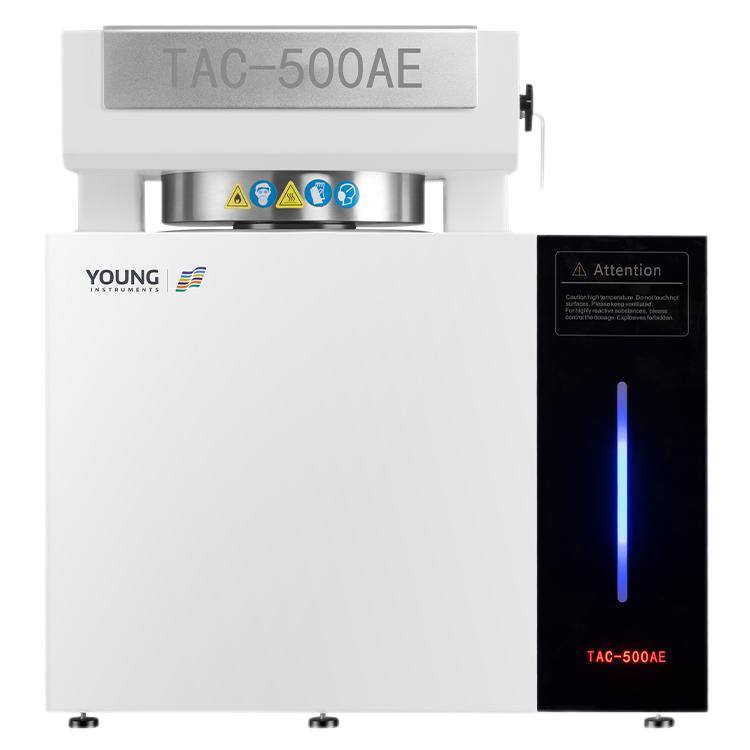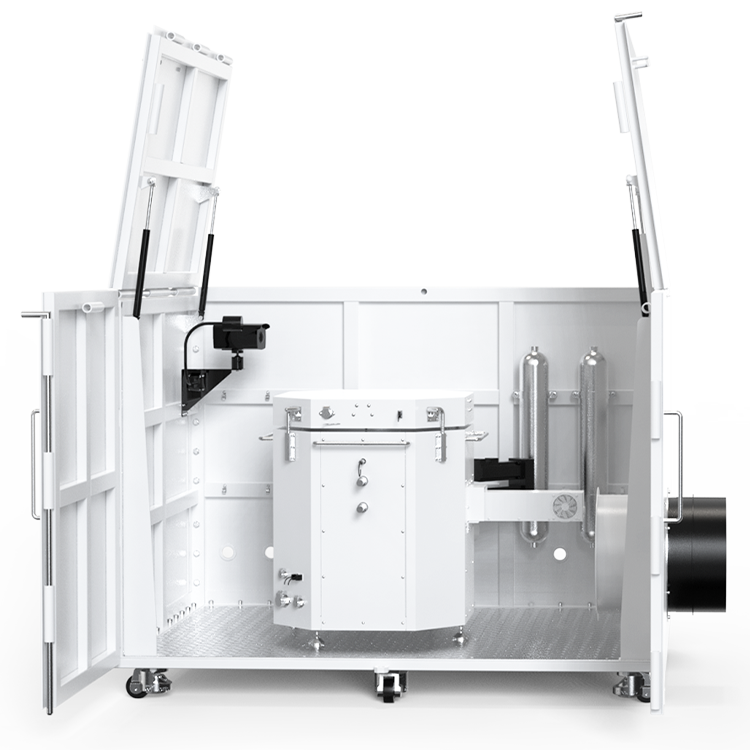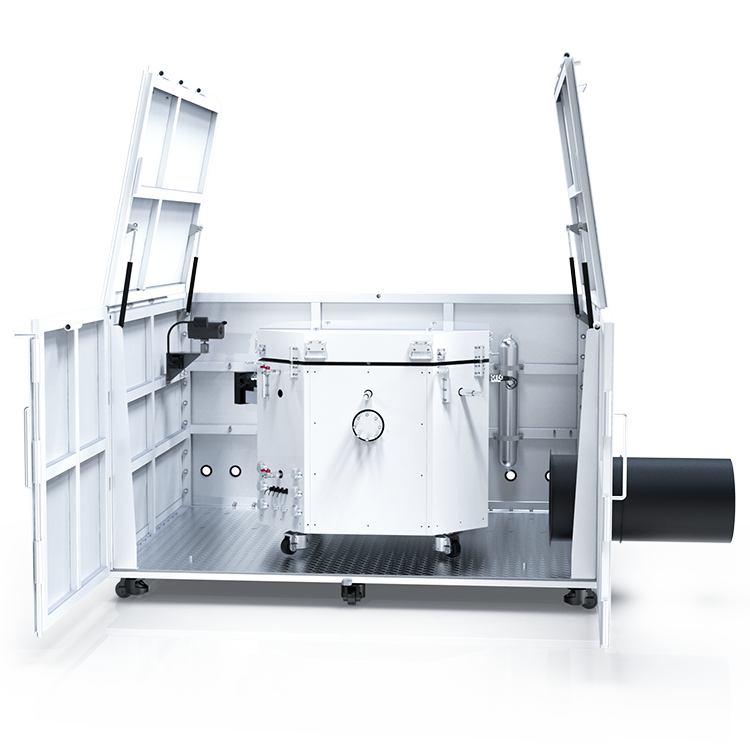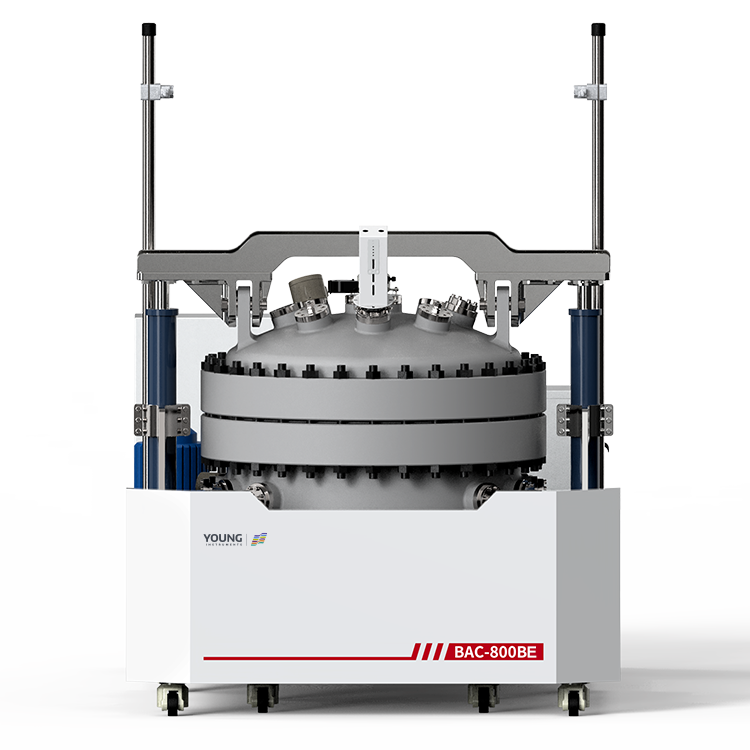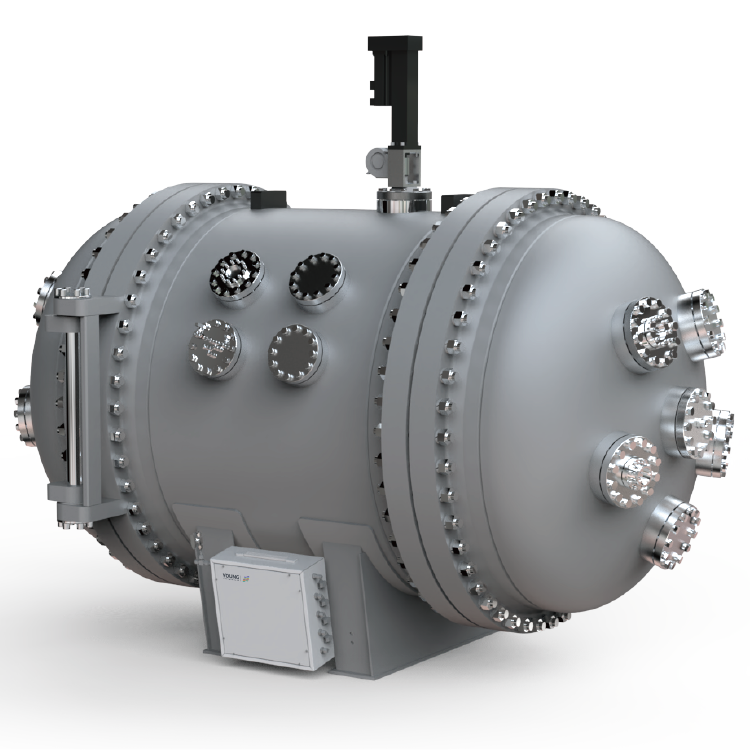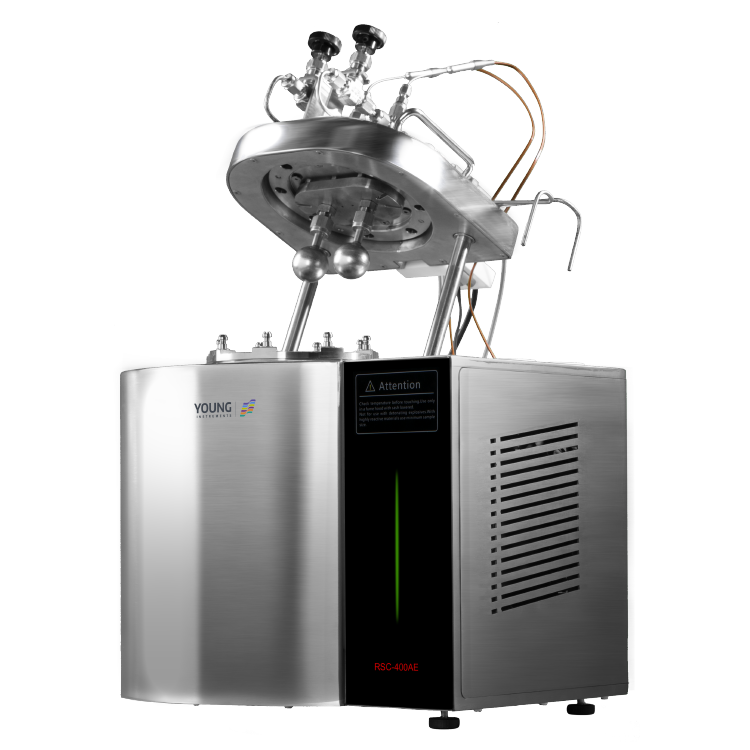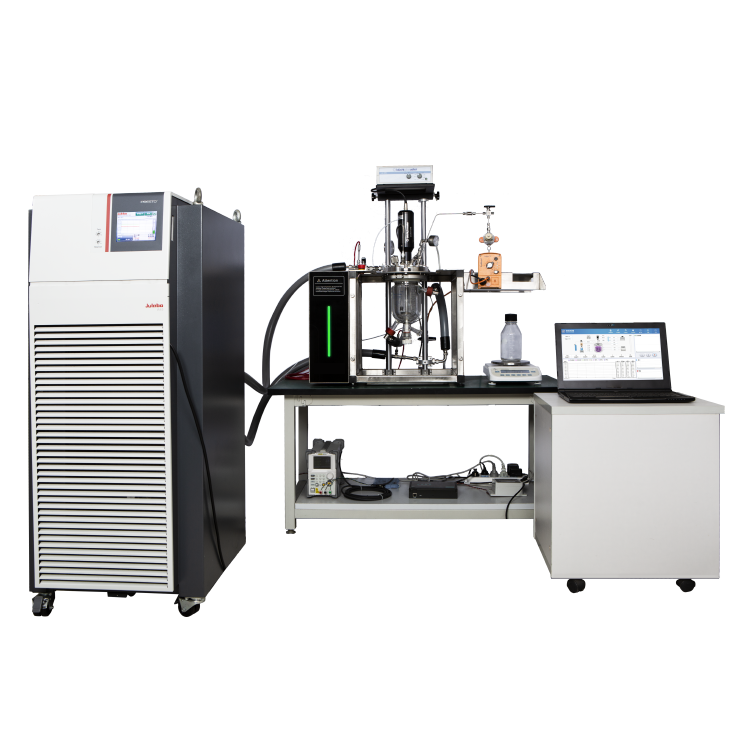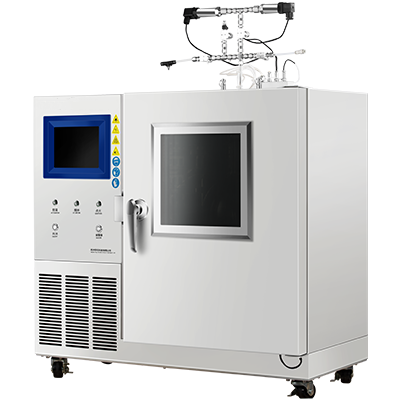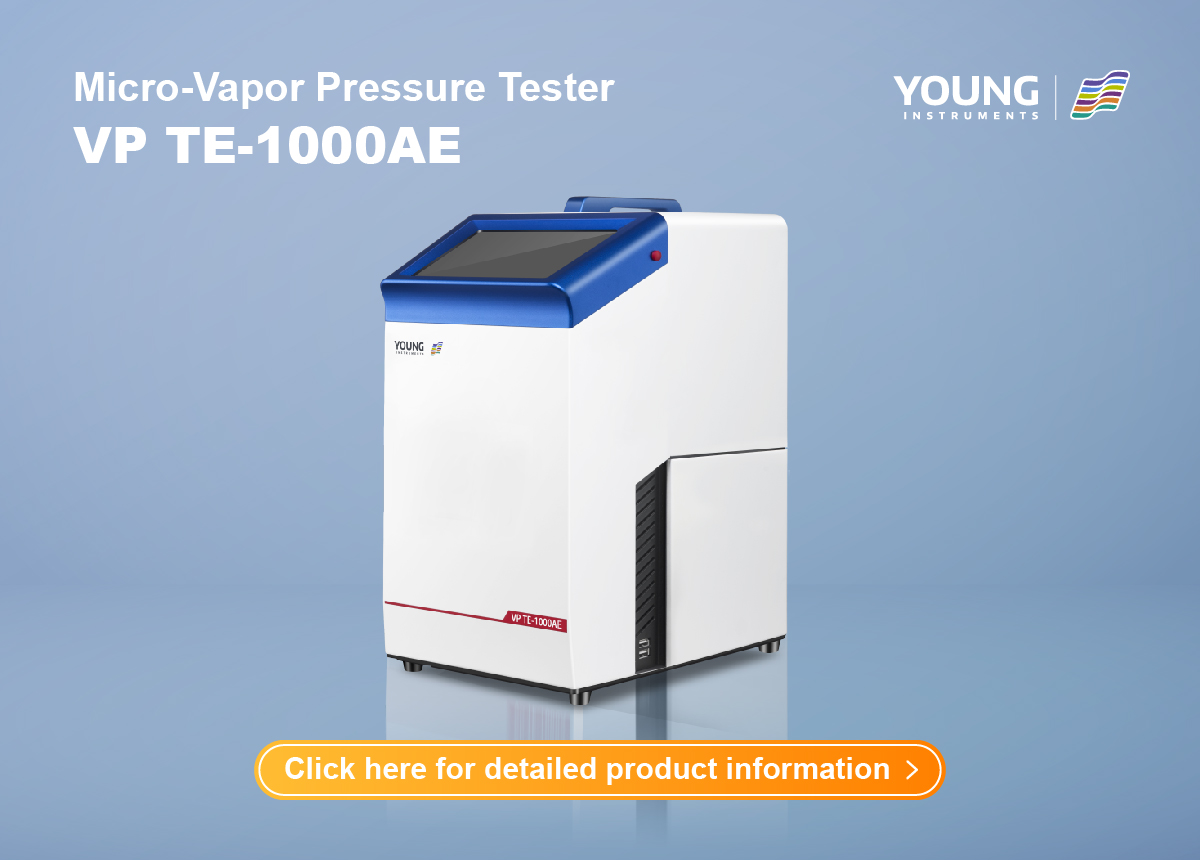What Makes a Vapor Pressure Analyzer So Crucial?
When evaluating the quality and ensuring the safety of fuels and chemicals, one of the foremost considerations that inevitably comes to mind is: What is the volatility of this substance? The significance of this inquiry cannot be overstated, as it has a direct impact on the substance’s behavior under various conditions, such as during storage, transportation, and subsequent application. The volatility of these substances is quantified using a parameter termed vapor pressure, which serves to measure the ease with which a substance transitions into its gaseous state at a given temperature.
Far from being a mere technical specification, vapor pressure serves as a critical determinant of a material’s evaporation rate, its efficiency in combustion processes, and its associated safety concerns. Substances exhibiting high vapor pressure are typically characterized by rapid evaporation, which renders them more susceptible to generating hazardous vapors or contributing to environmental contamination. Consequently, in order to achieve precise and dependable evaluations, experts in the field employ a specialized device known as a Vapor Pressure Analyzer. But what exactly constitutes vapor pressure, and what makes it so indispensable in the realm of fuel and chemical safety? To gain a deeper insight, let’s explore its underlying principles and relevance.
Understanding Vapor Pressure: The Key Indicator of Volatility
What is Vapor Pressure?
Vapor pressure is defined as the pressure exerted by a vapor in equilibrium with its solid or liquid phase at a given temperature in a closed system. When a liquid or solid substance evaporates, its molecules enter the gas phase and exert pressure on the surrounding environment. This pressure increases with temperature until equilibrium is reached, creating what is known as the saturated vapor pressure. Essentially, vapor pressure indicates the tendency of a substance to transition from its liquid (or solid) state into a gaseous state.
Why is Vapor Pressure Important?
In the world of fuel and chemical analysis, vapor pressure is a vital measurement because it directly influences various performance characteristics and safety concerns. For example, a higher vapor pressure suggests that a substance contains more low-boiling-point components, making it highly volatile. This property plays a crucial role in determining the evaporation rate, fuel efficiency, and storage safety of substances like gasoline and aviation kerosene. Hence, vapor pressure becomes an essential indicator when evaluating the quality, usability, and stability of fuels and chemicals.
Vapor Pressure’s Role in Fuel Performance
Vapor pressure is a significant indicator of the volatility of engine fuels. Fuels with high vapor pressure contain more volatile, low-molecular-weight hydrocarbons, which evaporate easily. This property is beneficial for ensuring quick and efficient combustion in engines, providing better fuel economy, and reducing engine wear. However, excessively high vapor pressure can cause operational issues such as vapor lock, where fuel vaporizes in the supply lines, disrupting the fuel flow to the engine. On the other hand, low vapor pressure can lead to incomplete vaporization, resulting in poor combustion and higher fuel consumption.
The Critical Role of Vapor Pressure in Fuel Analysis
Assessing Fuel Volatility
Fuel volatility is directly proportional to its vapor pressure. High volatility means that the fuel has a greater tendency to evaporate, which improves engine start-up and operational efficiency, particularly in cold weather conditions. By measuring vapor pressure, manufacturers and quality control labs can ensure that fuels meet specific volatility standards that vary with seasonal and geographical conditions. This measurement also helps optimize the formulation of fuel blends to ensure stable performance across different temperature ranges.
Detecting the Potential for Vapor Lock
Vapor lock occurs when fuel vaporizes prematurely in the fuel supply system, disrupting the delivery of liquid fuel to the engine. This phenomenon is more likely to occur in high-temperature environments or in vehicles with higher engine compartment temperatures. Vapor lock can cause stalling, reduced power output, and even engine failure. By closely monitoring and controlling vapor pressure, manufacturers can minimize the risk of vapor lock and ensure a smooth, reliable operation of engines under varying conditions.
Evaluating Storage and Transportation Losses
During storage and transportation, fuels with higher vapor pressure can experience significant evaporation losses. This not only results in product loss but also poses environmental and safety hazards. For example, the evaporation of gasoline in storage tanks contributes to air pollution and increases the risk of fire. Accurate vapor pressure measurement helps manufacturers implement the necessary storage and handling precautions to reduce evaporation losses and enhance safety.

Applications Across Various Fields
1. Fuel Industry
In the fuel industry, understanding vapor pressure is critical for ensuring product quality and compliance with regulatory standards. The Micro-Vapor Pressure Tester is ideal for evaluating the volatility of automotive fuels such as gasoline and aviation kerosene. By providing precise measurements, it helps optimize fuel formulations, enhancing engine performance and reducing the risk of operational issues like vapor lock.
2. Chemical Industry
In the chemical industry, vapor pressure analysis is essential for determining the evaporation characteristics of solvents and reagents. The Micro-Vapor Pressure Tester facilitates accurate assessments, enabling manufacturers to optimize storage and handling conditions for chemical products.
3. Environmental Monitoring
High vapor pressure can lead to increased emissions of volatile organic compounds (VOCs), contributing to air pollution and environmental degradation. By measuring vapor pressure, environmental agencies and monitoring bodies can assess the impact of various substances on air quality and implement measures to reduce VOC emissions.
Choosing the Right Vapor Pressure Analyzer
1. The Benefits of Using a Micro-Vapor Pressure Tester
Selecting a reliable vapor pressure analyzer is crucial for precise measurement and analysis. The Micro-Vapor Pressure Tester from Hangzhou Zeal Instruments Science & Technology Co., Ltd. offers an advanced solution designed specifically for the petroleum and chemical industries. Based on the triple expansion method, this instrument accurately determines the vapor pressure of various substances, including gasoline, aviation gasoline, hydrocarbon solvents, and light petroleum distillates. Its advanced features and automated processes make it a preferred choice for many industry professionals.
2. Key Features and Advantages
- The Micro-Vapor Pressure Tester comes with several unique advantages that set it apart from traditional testing methods:
- No Sample Pre-treatment Required: Unlike conventional methods that often require complex sample preparation, this instrument simplifies the process with one-button operation, ensuring high efficiency and accuracy.
- Fully Automated Detection: Automation eliminates errors that may be introduced by manual operation, ensuring reliable and repeatable results every time.
- Small Sample Requirement: The analyzer requires only 1 mL of sample, making it cost-effective and suitable for high-intensity testing tasks. Results are obtainable within just 10 minutes.
3. Specifications and Performance Parameters
The Micro-Vapor Pressure Tester offers flexible settings for automatic detection at multiple temperature points, enabling rapid compilation of temperature-pressure reference charts. Its unique cleaning method effectively controls cross-contamination, further improving detection efficiency and precision. With an operating environment range of 5°C to 40°C and a pressure detection range of 0 to 1000 kPa, this analyzer meets international standards such as ASTM D6378, ASTM D323, and GB/T 8017. The instrument’s compact dimensions (225mm × 290mm × 390mm) and weight of only 12 kg make it a versatile addition to any laboratory.
Why Choose Hangzhou Zeal Instruments Science & Technology Co., Ltd.?
As a leading supplier of advanced analytical instruments, Hangzhou Zeal Instruments Science & Technology Co., Ltd. offers reliable solutions tailored to the specific needs of the petroleum and chemical industries. Their commitment to quality and innovation is evident in the Micro-Vapor Pressure Tester’s design, performance, and adherence to international standards. Whether you are in research, production, or quality control, Hangzhou Zeal Instruments provides the tools you need to ensure accurate, efficient, and consistent results.
The vapor pressure analyzer is more than just an instrument—it is a gateway to understanding the complexities of fuel and chemical behavior, ensuring safety, efficiency, and compliance in every application.








